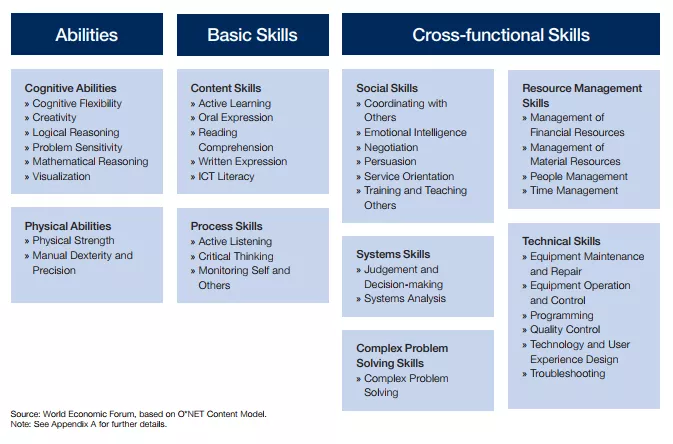
Mastery in Leadership: Business Excellence Tips

Mastery in Leadership: Business Excellence Tips
Leadership skills development is a continuous journey, and mastering the art of effective leadership is crucial for business excellence. In this article, we delve into key tips for leadership development that contribute to achieving excellence in the business realm.
Leadership Skills Development Excellence Tips: A Link to Growth
For comprehensive insights into leadership skills development and tips for achieving business excellence, visit Leadership Skills Development Excellence Tips Business. This resource offers valuable perspectives and expert advice to guide leaders on their path to excellence.
Embrace Continuous Learning and Adaptability
Leadership excellence begins with a commitment to continuous learning and adaptability. In the fast-paced business landscape, staying informed about industry trends, emerging technologies, and leadership best practices is essential. Cultivating a mindset of adaptability allows leaders to navigate change with confidence.
Effective Communication as a Cornerstone
Communication is at the heart of leadership excellence. Leaders must master the art of effective communication to convey their vision, inspire teams, and foster a culture of openness. Clear and transparent communication builds trust and ensures that everyone is aligned with organizational goals.
Cultivate Emotional Intelligence
Emotional intelligence is a key trait for effective leadership. Leaders with high emotional intelligence can navigate interpersonal dynamics, understand and manage their emotions, and empathize with others. Cultivating emotional intelligence contributes to creating a positive and collaborative work environment.
Lead by Example and Integrity
Exemplary leaders lead by example and uphold the highest standards of integrity. Modeling the behavior they expect from their teams fosters a culture of accountability and trust. Consistent ethical conduct builds a strong foundation for long-term success and sustains a positive organizational reputation.
Empower and Delegate Effectively
Leadership excellence involves empowering team members and delegating responsibilities effectively. Recognizing and leveraging the strengths of individuals within the team fosters a collaborative and high-performance culture. Effective delegation allows leaders to focus on strategic initiatives while developing the skills of their team.
Foster a Culture of Innovation
Innovation is a driving force for business excellence. Leaders should encourage a culture of innovation by fostering creativity, embracing new ideas, and providing a supportive environment for experimentation. An innovative culture enables organizations to adapt to market changes and stay ahead of the competition.
Prioritize Team Development and Well-being
Leadership is not only about achieving business goals but also about developing and caring for the team. Prioritizing team development and well-being creates a positive workplace culture. Investing in professional development, recognizing achievements, and supporting work-life balance contribute to a motivated and engaged team.
Strategic Decision-Making and Risk Management
Leadership excellence requires strategic decision-making and effective risk management. Leaders must assess situations critically, make informed decisions, and manage risks proactively. Strategic thinking enables leaders to navigate challenges and seize opportunities, contributing to the overall success of the business.
Feedback Culture for Continuous Improvement
Establishing a feedback culture is essential for continuous improvement. Leaders should actively seek feedback from their teams and use it to identify areas for growth. Providing constructive feedback and fostering a culture where feedback is valued contributes to individual and organizational development.
Conclusion: The Path to Leadership Excellence
In conclusion, the path to leadership excellence involves a commitment to continuous learning, effective communication, emotional intelligence, and a focus on team development. By embracing these tips, leaders can navigate the complexities of the business landscape and guide their teams towards sustained success. Explore Leadership Skills Development Excellence Tips Business for ongoing insights into leadership excellence and business growth.



